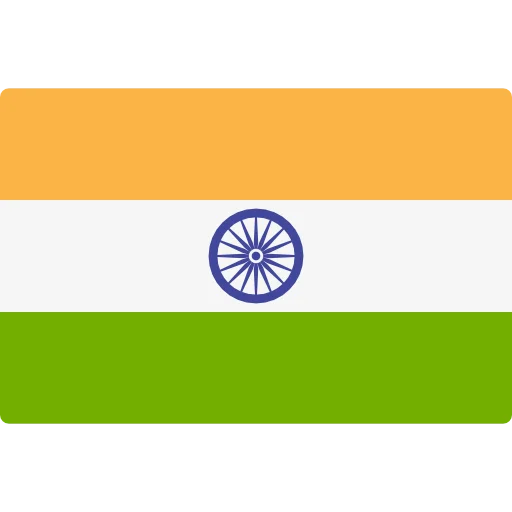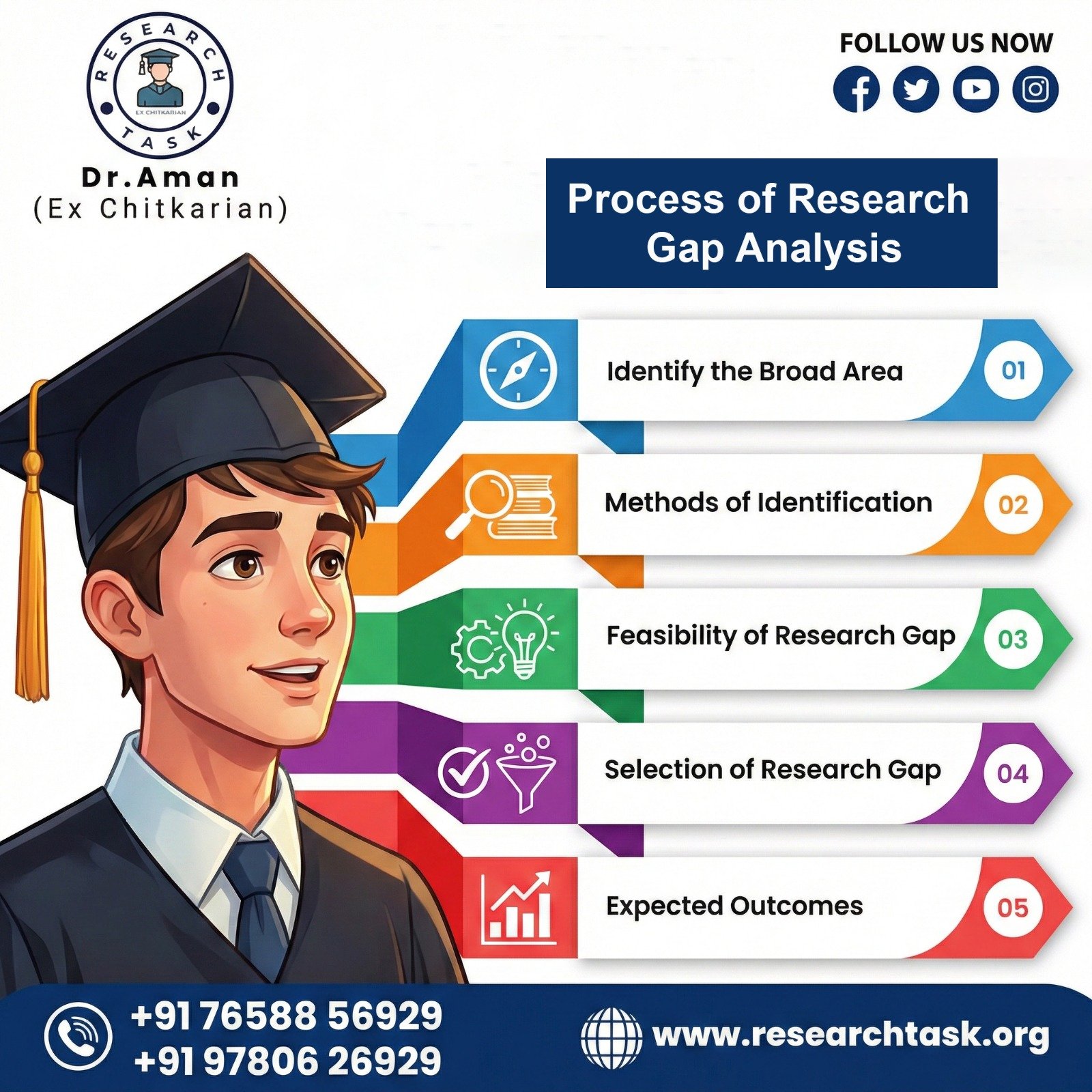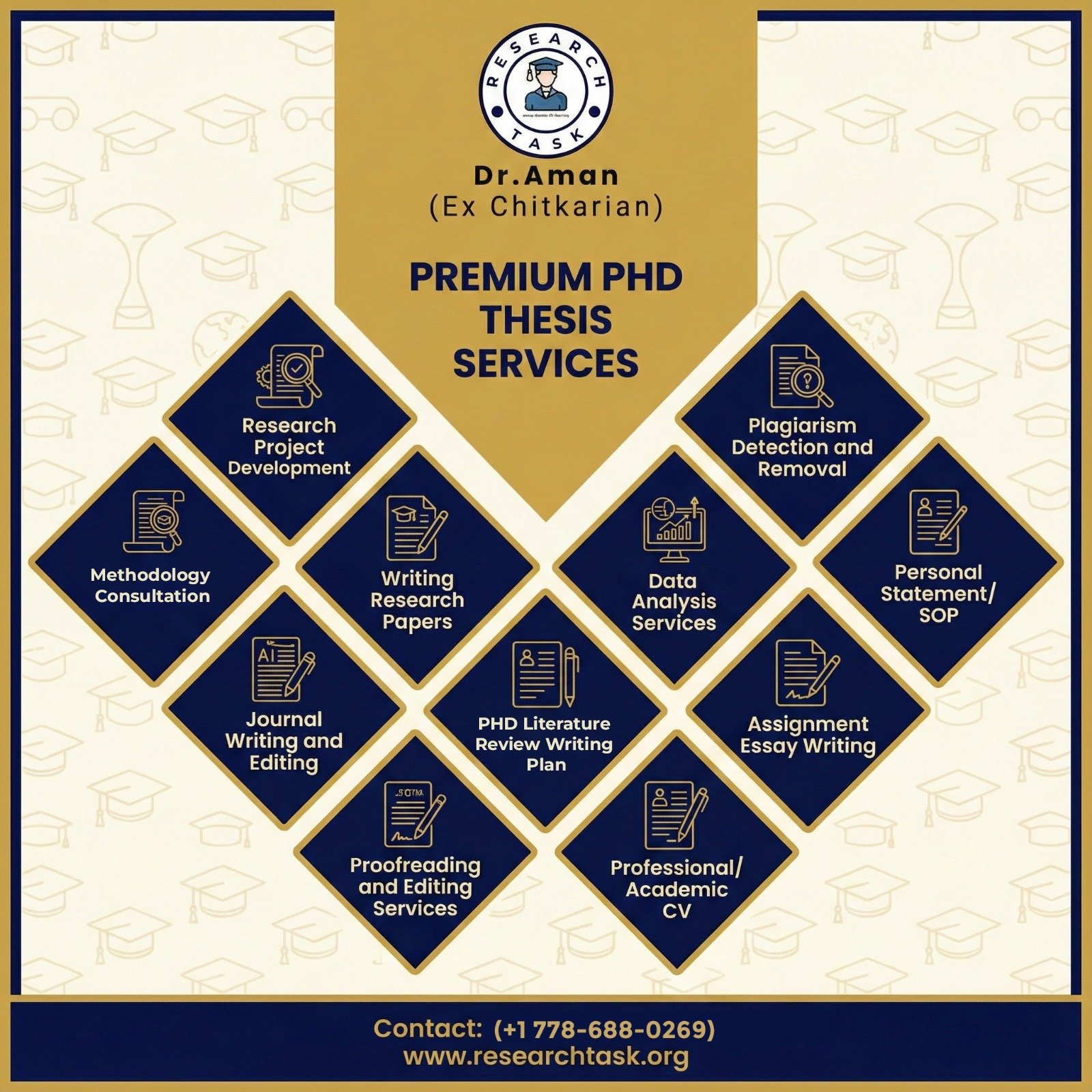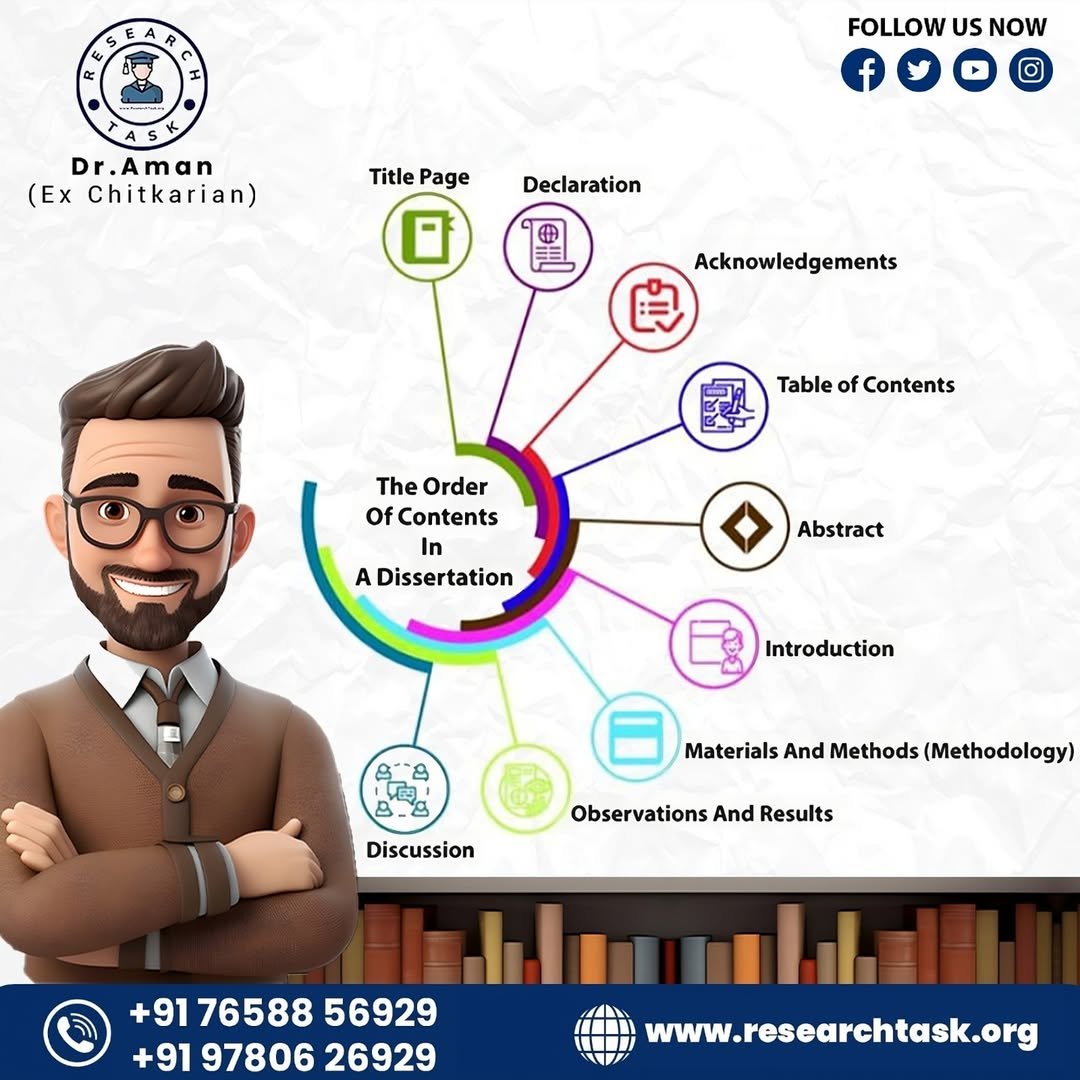Choosing a PhD topic is one of the most critical decisions in your academic journey. It’s the foundation upon which your entire research, years of effort, and academic contributions will rest. If you’re asking yourself “How to choose a PhD topic?”, you’re not alone. Many scholars struggle with PhD topic selection because it requires a balance between personal interest, academic significance, and research feasibility.
In this guide, we’ll walk you through a simple, step-by-step process to help you find the best PhD topic ideas that align with your goals and field of study.
Step 1: Understand Your Interests and Strengths
The first step in choosing the right PhD topic is reflecting on your academic interests. Think about the subjects or areas that have excited you the most during your previous studies. Your PhD will require years of in-depth research, so it’s important to choose something you’re genuinely passionate about.
Ask yourself:
- What topics do I enjoy reading or discussing?
- Which courses or projects have I performed best in?
- Is there a problem I’d like to solve in my field?
Your personal interests should align with your strengths. This ensures you stay motivated and capable throughout your research journey.
Step 2: Review Existing Research and Literature
Before finalizing a topic, explore recent journals, articles, and published theses in your field. This gives you a sense of what has already been studied and where gaps exist. A successful PhD topic selection often begins with identifying a research gap or an area that needs further exploration.
Look for:
- Unanswered questions in your area of interest
- Emerging trends or technologies
- Conflicting findings in existing studies
Make notes of recurring themes or problems that intrigue you. These can lead to strong, research-worthy PhD topics.
Step 3: Narrow Down to a Specific Research Area
Once you have a broad area of interest, start narrowing it down. Choosing the right PhD topic means going from a general subject to a specific, researchable question.
For example:
- General interest: Climate Change
- Narrowed topic: Impact of Climate Change on Himalayan Agriculture
- Research question: How is climate variability affecting crop yields in Himachal Pradesh?
A good PhD topic is specific enough to explore deeply, but broad enough to remain relevant and adaptable.
Step 4: Check for Feasibility and Resources
Now that you’ve shortlisted some potential topics, evaluate their practicality. Ask the following:
- Is the topic manageable within 3–5 years?
- Will I be able to access the necessary data or resources?
- Do I need specific tools, labs, or software?
Feasibility is a key part of PhD topic selection. A topic that seems exciting but is too broad, resource-heavy, or lacks sufficient literature can derail your progress later.
Also, consider the availability of expert supervisors in your university or region. A great mentor can help shape your research more effectively.
Step 5: Align with Career Goals
While passion and feasibility are important, your PhD should also help you move toward your long-term career goals. Whether you want to enter academia, industry, or start your own research-based business, your PhD topic can influence the opportunities available after graduation.
Think about:
- Will this research enhance my professional profile?
- Does it open opportunities in teaching, consulting, or publishing?
- Can I use this research as a base for further post-doctoral work?
An ideal topic supports both your academic ambitions and your career trajectory.
Step 6: Get Feedback from Experts
Before finalizing your choice, discuss your ideas with professors, research consultants, or professionals in your field. They can help you identify strengths and weaknesses in your topic and provide suggestions to refine it.
Don’t hesitate to reach out to services that specialize in PhD topic selection and research guidance. These experts often have experience across domains and can help you assess your topic’s novelty, relevance, and scope.
Step 7: Finalize Your Research Question and Objectives
Once you’ve evaluated all factors, narrow your focus into a clear, concise research question. Your objectives should directly relate to this question and be achievable within your timeframe.
A strong research question is:
- Specific and focused
- Researchable with available data
- Aligned with current academic interests
You can now begin working on your proposal and move ahead confidently in your research journey.
PhD Topic Selection: What to Avoid
To ensure successful PhD topic selection, here are a few mistakes to watch out for:
- Picking a topic just because it’s trending
- Choosing something too broad or vague
- Ignoring available resources or institutional support
- Not considering future job prospects
- Overlooking ethical or practical concerns
Staying mindful of these pitfalls will save you time, effort, and stress down the line.
Best PhD Topic Ideas by Discipline
If you’re still exploring options, here are a few best PhD topic ideas across different fields:
Computer Science:
- AI in Personalized Learning Systems
- Cybersecurity in Financial Technologies
Management:
- Leadership Styles in Remote Work Culture
- Green Marketing Strategies in Urban India
Education:
- Impact of Online Learning on Primary Education
- Inclusive Education Policies and Their Effectiveness
Biotechnology:
- CRISPR Applications in Genetic Disorders
- Microbiome Research in Gut Health
These examples can serve as a guide to selecting PhD research topic relevant to your field.
Conclusion
How to choose a PhD topic is a question that every scholar must face with care and strategy. It’s not just about finding something interesting—it’s about finding something doable, relevant, and meaningful. The right topic will fuel your motivation, earn respect in your field, and set the tone for your academic and professional future.
Whether you’re starting from scratch or narrowing down a few ideas, following this step-by-step guide will bring you clarity and confidence in choosing the right PhD topic. And if you need expert guidance along the way, don’t hesitate to seek support from experienced research consultants.








